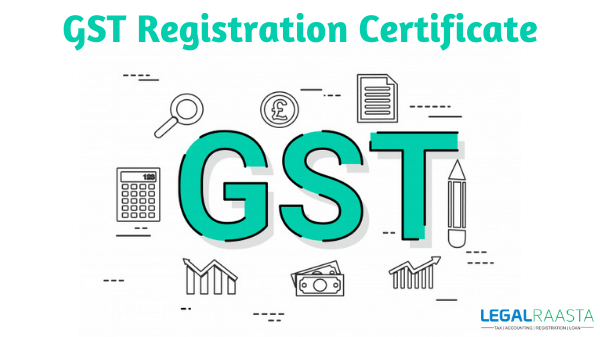Why Singapore GST Registration is Vital for Your Startup
Why Singapore GST Registration is Vital for Your Startup
Blog Article
The Ultimate Overview to Simplifying the GST Registration Refine and Needs for Small Company Owners

Recognizing GST Essentials
To comprehend the fundamentals of the Item and Provider Tax Obligation (GST) system, small company proprietors should first comprehend its underlying effects and concepts. Under the GST regime, services are called for to register and gather tax obligation on behalf of the government, making sure transparency and compliance.
Among the essential principles of GST is input tax credit rating, which enables businesses to claim credit score for tax obligations paid on their acquisitions. This mechanism avoids the plunging effect of taxes and promotes performance in the tax obligation system. In addition, GST is a destination-based tax obligation, meaning that the tax is imposed at the factor of consumption rather than the factor of beginning. This makes sure reasonable distribution of tax obligation profits among states based on where the solutions or items are eaten. Recognizing these fundamental concepts is essential for little service owners to navigate the intricacies of the GST system and make certain compliance with the legislation.
Eligibility Requirements for Enrollment
Having actually developed a foundational understanding of GST concepts, little service owners have to currently fulfill particular qualification standards to continue with the enrollment process (Singapore GST Registration). Organizations that were registered under the previous tax obligation routine (VAT, solution tax, and so on) are additionally mandated to register under GST. Farming organizations that only supply generate out of key production are excluded from GST registration.
Documents Needed for GST Registration

Simplified Registration Refine Steps
Adhering to the collection and verification of the requisite documents, the registration procedure for GST can be navigated via a series of simplified steps developed to facilitate reliable compliance for little company proprietors. The initial step involves seeing the GST site and selecting the 'New Enrollment' alternative. Ultimately, the candidate should complete Part A of the GST REG-01 type with information such as frying pan, mobile number, and e-mail address to obtain an OTP for verification. As soon as the OTP is obtained and entered, a Temporary Reference Number (TRN) is produced for further proceedings. The following step calls for completing Part B of the kind with essential service information, posting supporting files, and completing the confirmation procedure using DSC or their website EVC. Lastly, upon successful verification, an Application Referral Number (ARN) is released, suggesting the completion of the GST registration process. By following these simplified actions, tiny organization owners can successfully sign up for GST and make sure conformity with tax obligation guidelines.
Tips for Ensuring Compliance
To keep regulatory adherence and functional stability, diligent oversight and aggressive steps are crucial in making sure compliance with GST demands for local business owners. Small company owners must remain updated with GST policies, submitting deadlines, and any type of modifications in tax prices to avoid penalties and maintain a good standing with tax authorities. One necessary suggestion for compliance is to maintain exact and in-depth records of all deals, consisting of invoices, receipts, and costs connected to GST. Frequently reconciling financial records with GST returns can help in identifying and correcting any kind of discrepancies promptly. Additionally, conducting routine inner audits or looking for expert support can ensure that the organization is complying with all GST guidelines correctly. It is likewise critical for little service proprietors to buy GST-compliant accountancy software that can enhance the tax obligation filing procedure and decrease errors. Participating in GST awareness workshops or training programs can improve understanding and conformity with GST regulations, eventually benefiting the organization in the long run.
Final Thought
To conclude, tiny service owners should recognize the fundamentals of GST, meet the qualification criteria, collect needed files, and comply with the simplified registration process steps to make certain conformity. By streamlining the GST registration process and demands, small company proprietors can a knockout post stay clear of penalties and operate their businesses smoothly within the lawful framework - Singapore GST Registration. It is critical for small company owners to stay enlightened and certified with GST regulations to keep an effective organization procedure
Small organization proprietors seeking GST enrollment must ensure they gather and submit the required records to complete the registration process effectively. The files needed for GST registration typically include evidence official site of organization enrollment or consolidation, PAN (Long-term Account Number) card of the business entity, identification and address proof of the promoters/partners/directors, photos, address evidence of the location of business, bank account declarations or canceled cheques, and consent forms. Attending GST awareness workshops or training programs can enhance understanding and compliance with GST policies, ultimately profiting the service in the long run.
By simplifying the GST enrollment process and demands, small organization owners can prevent charges and operate their organizations efficiently within the legal structure. It is vital for tiny organization owners to remain enlightened and compliant with GST policies to keep a successful business procedure.
Report this page